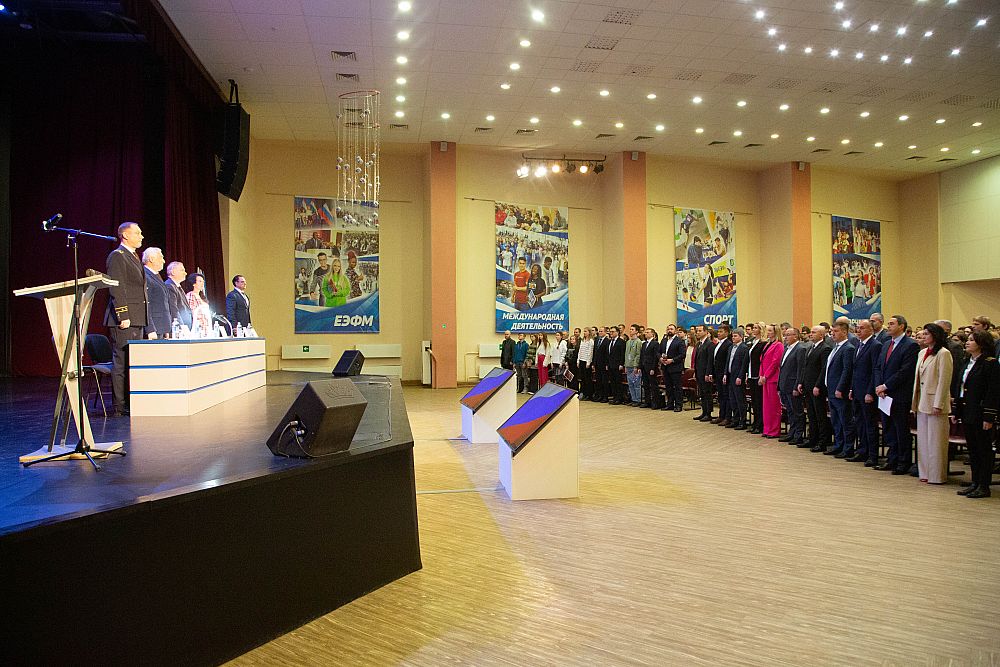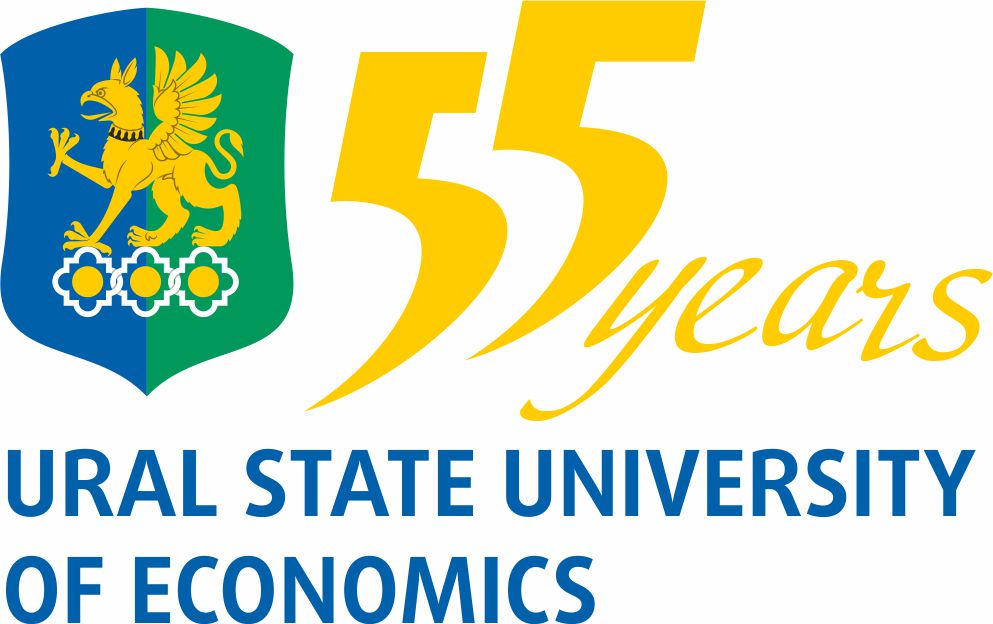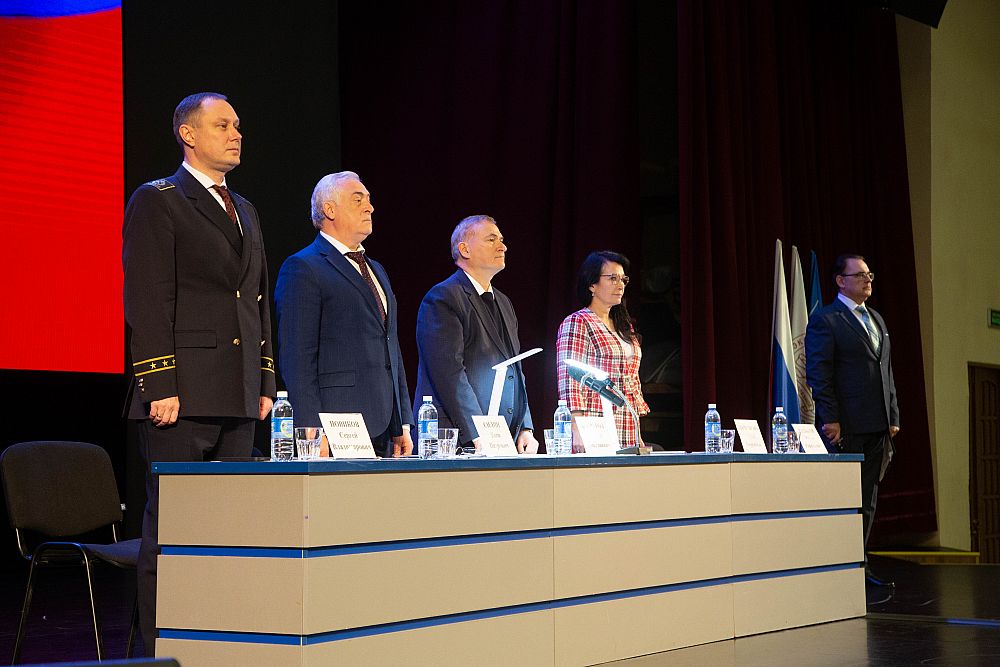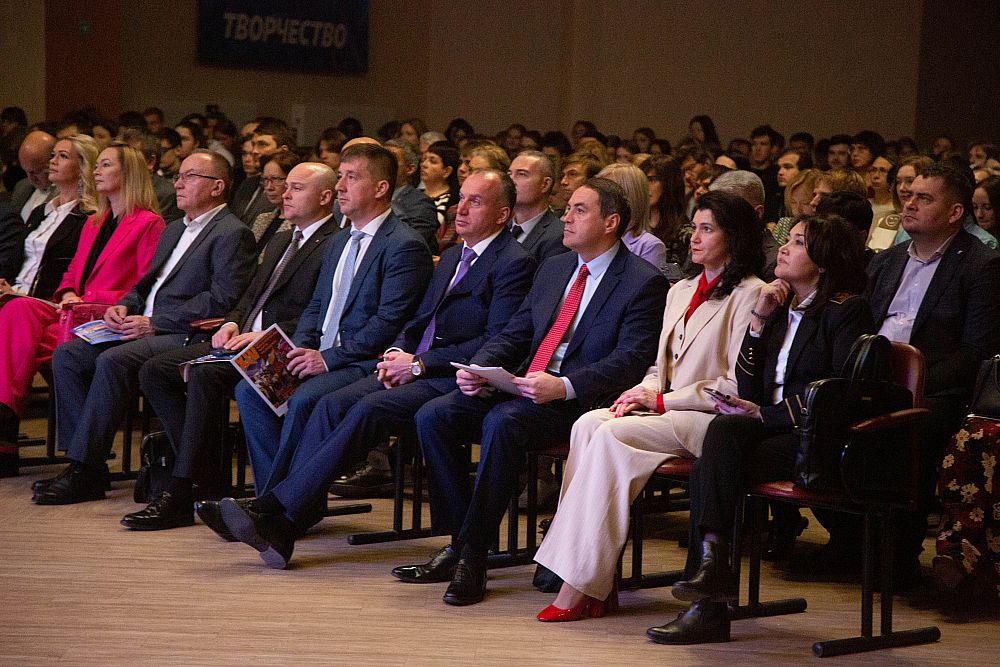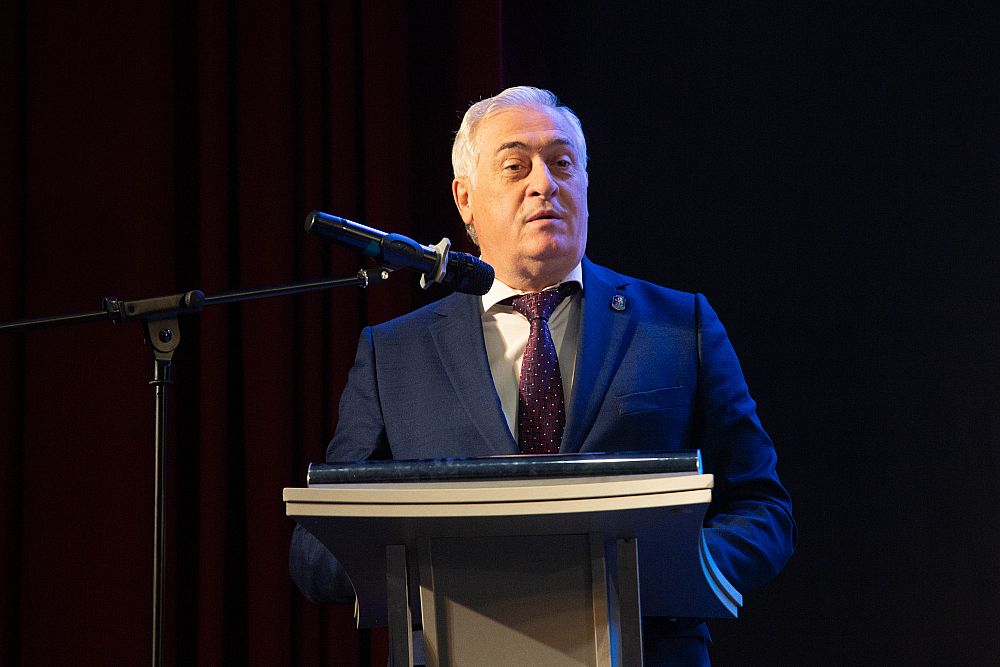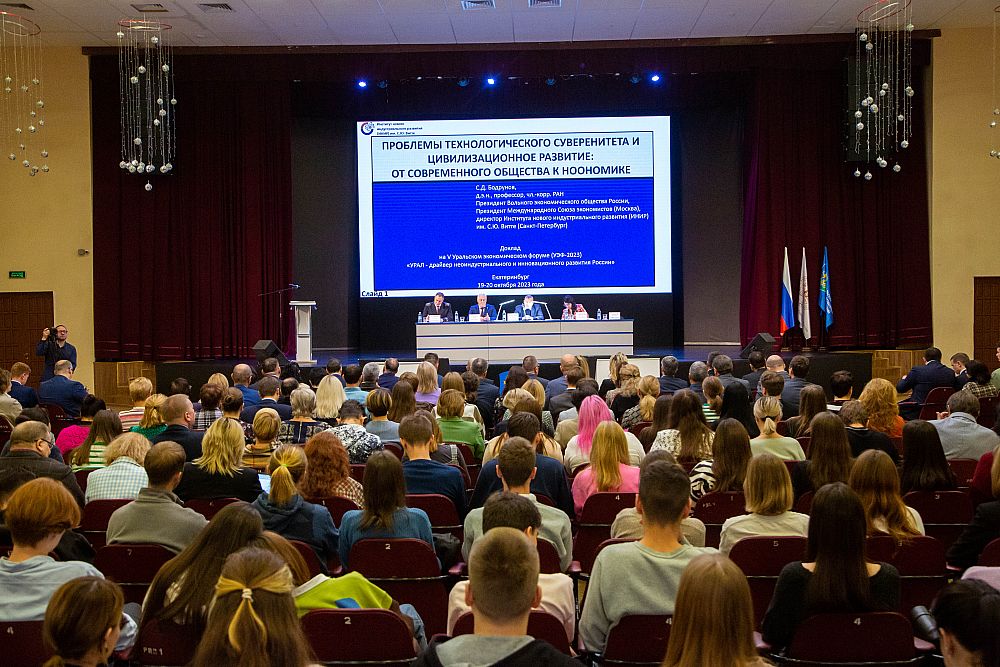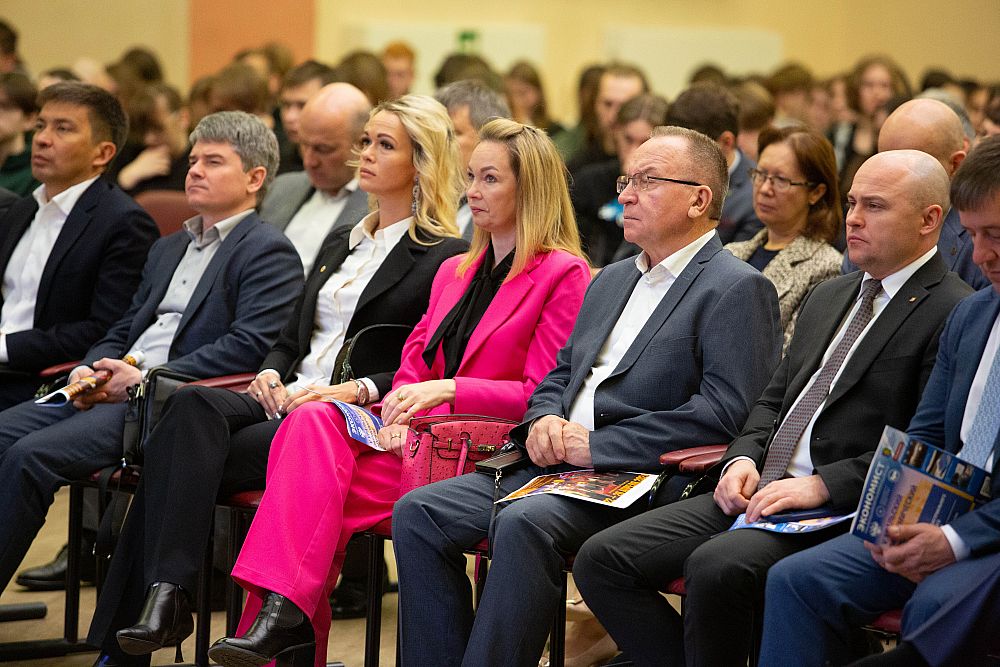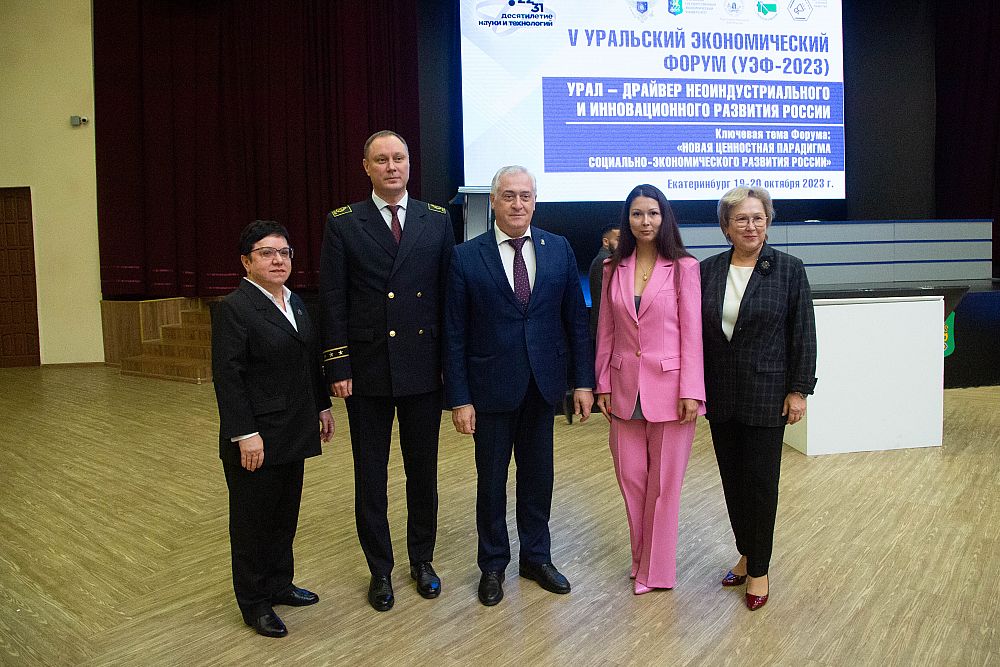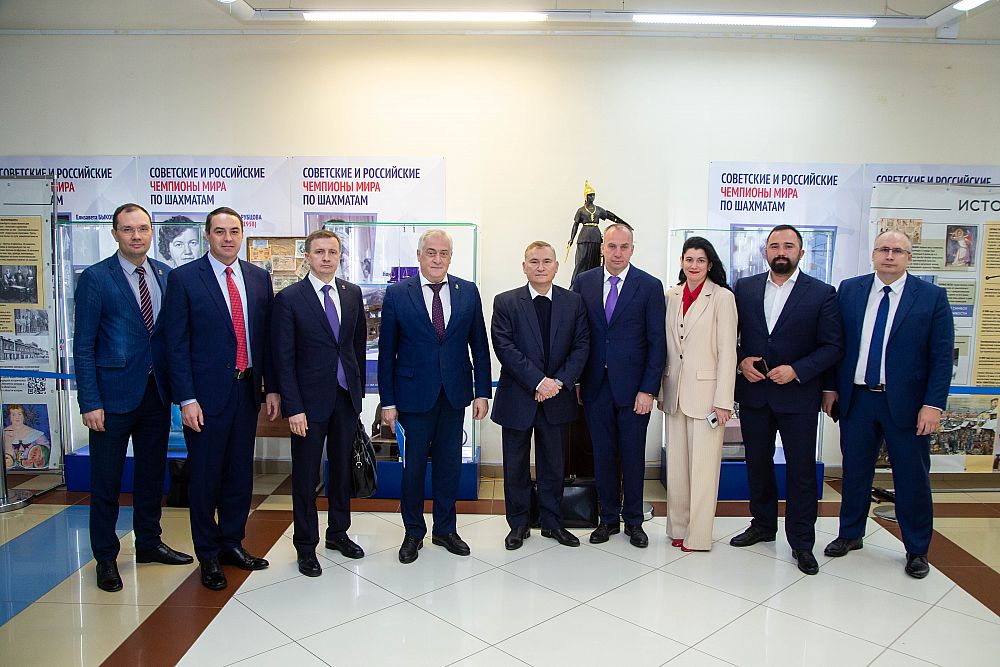Urals is a driver of development
Published: 19.10.2023
USUE is hosting the 5th Ural Economic Forum “The Urals—a Driver of Neo-Industrial and Innovative Development of Russia.” It began with a plenary session.
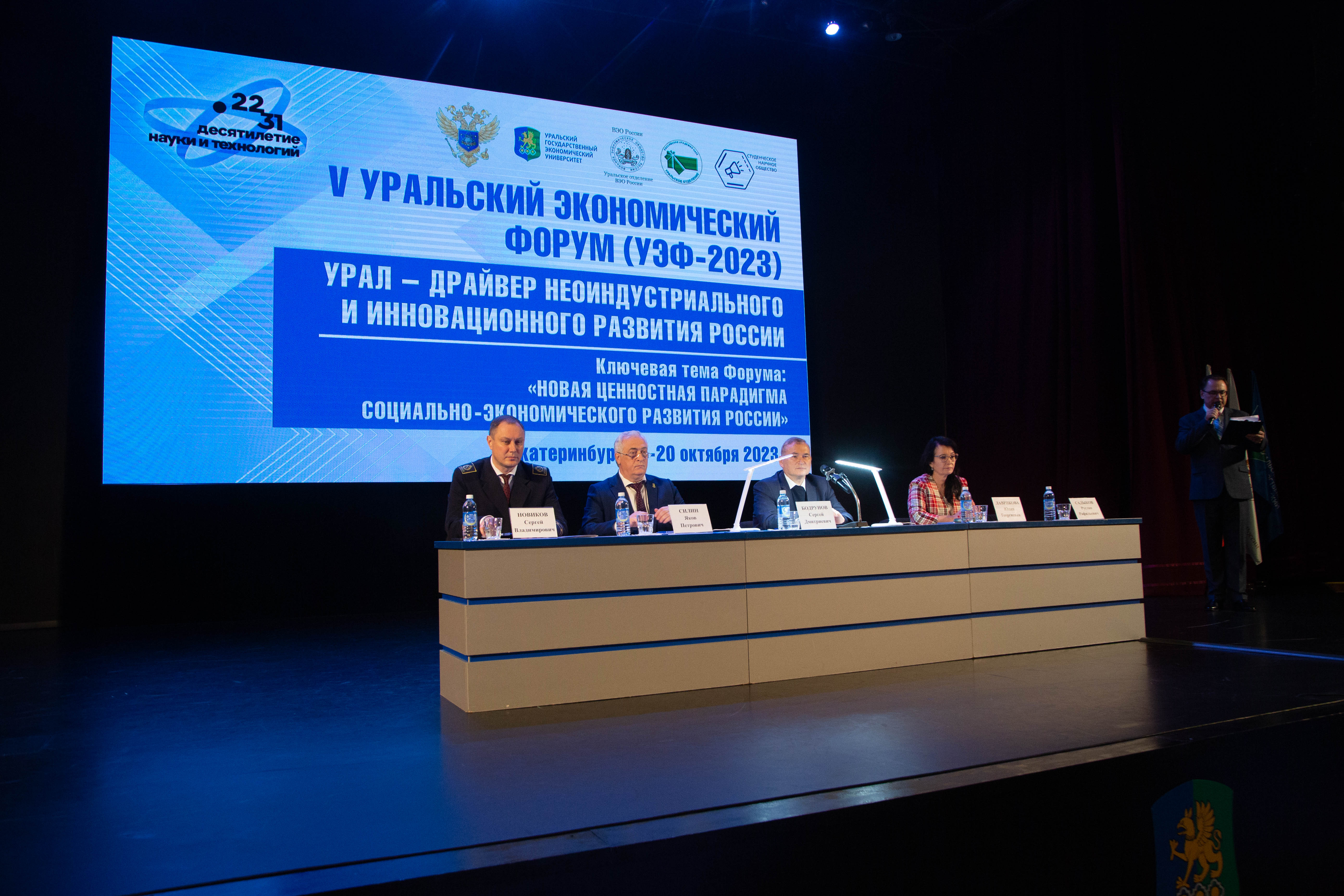
Neo-industrialization, the beginning of a new technological revolution, new information and communication mechanisms of the 6th technological mode - everything that the participants of the 1st UEF predicted in 2018 is today becoming part of the new objective reality. This conclusion was made in the opening report of the forum made by the director of the S. Y. Witte Institute for Industrial Development, president of the Free Economic Society of Russia, president of the International Union of Economists, Sergei Bodrunov.

“The growing crisis of the modern type of human civilization is leading to a restructuring of the existing global economic order. And our country is at the forefront of this process,” the president of the VEO of Russia notes. “On the one hand, the hostile actions of some states are aimed at moving us away from the global economic mainstream. On the other hand, Russia's enormous intellectual, economic, and natural resource potential enables it to establish new mechanisms and frameworks for global development independently.”
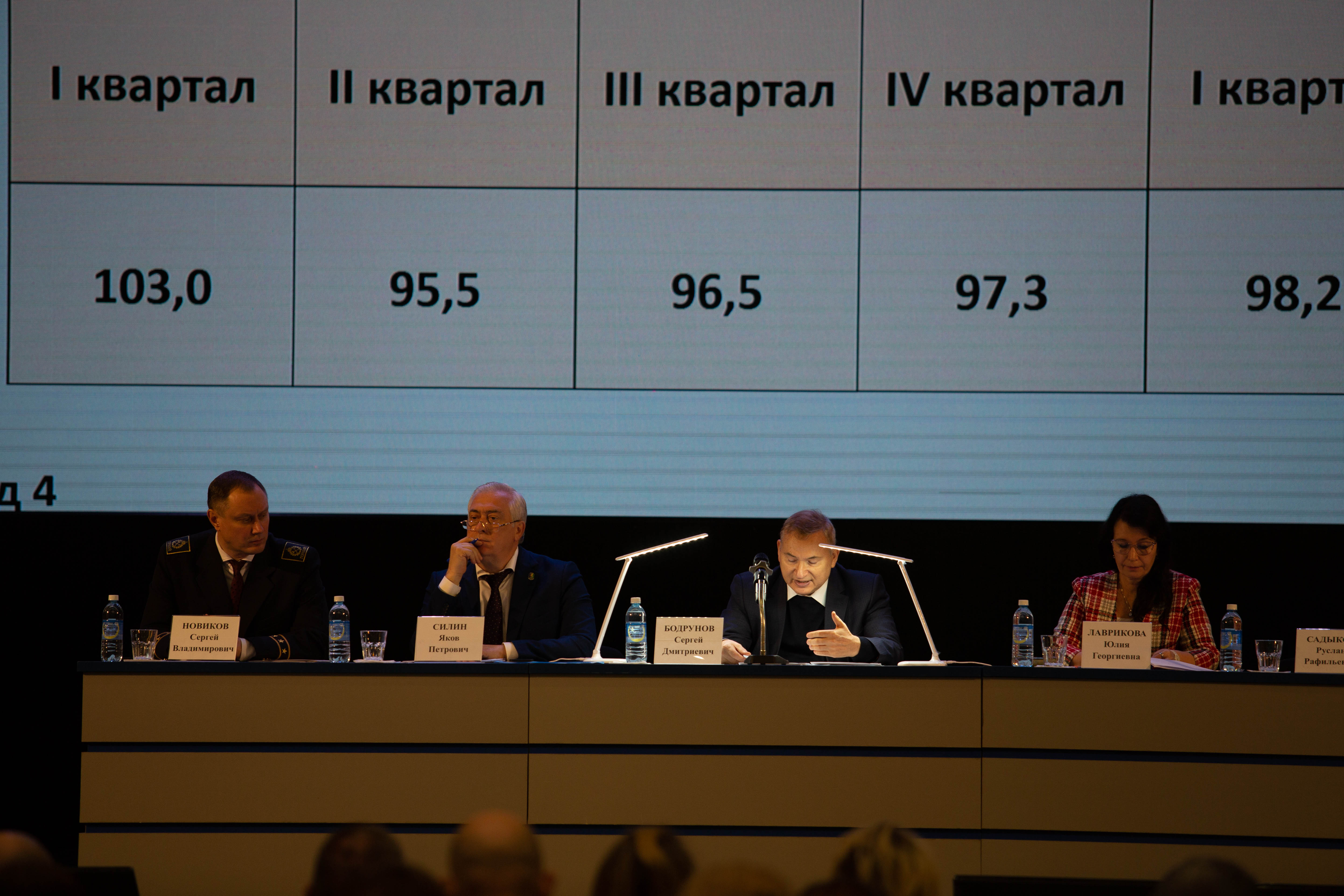
Since June 2014, the federal law “On Strategic Planning in the Russian Federation” has been in force in Russia. Together with the decree of the President of Russia “On the national development goals of the Russian Federation until 2030,” it sets the prerequisites for development in five key areas:
- Reduction of the share of low-income citizens, forming a large middle class;
- Growth of knowledge-intensive industries and the country’s entry into the top five world leaders in technological development;
- Introduction of environmentally oriented and nature-saving technologies
- Creation of new mechanisms for territorial and regional development
- Economic restructuring and the rise of new economic, educational and
scientific centers in the country.
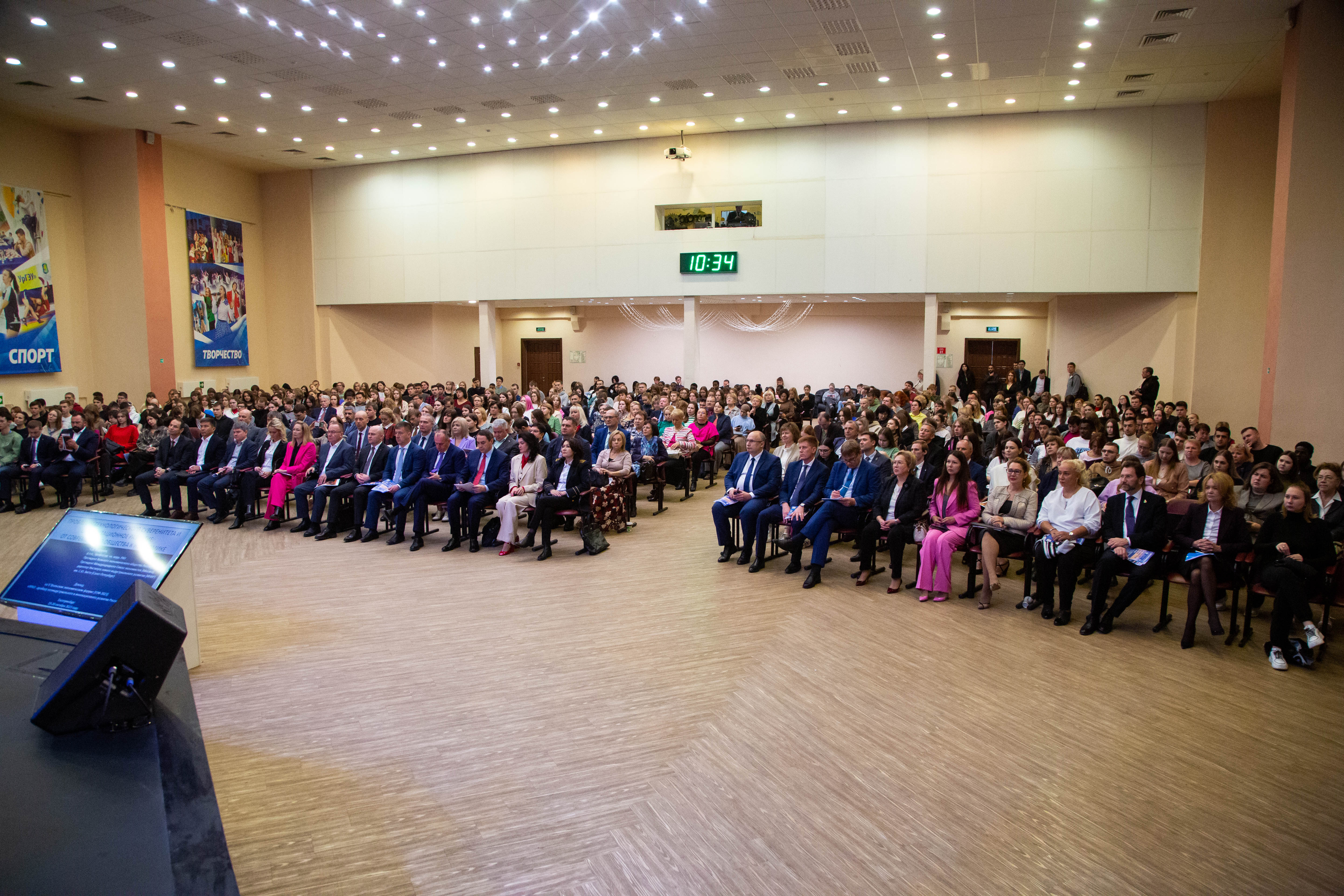
The implementation of these goals directly depends on the extent to which economists and managers at the helm of the state are ready to correlate their own ideas and interests with the public good. In previous years, the country
emulated uncritically Western intellectual models. However, to achieve technological sovereignty, a sovereign scientific and economic school is also necessary, USUE rector and the president of the Ural branch of the VEO of
Russia Yakov Silin thinks.
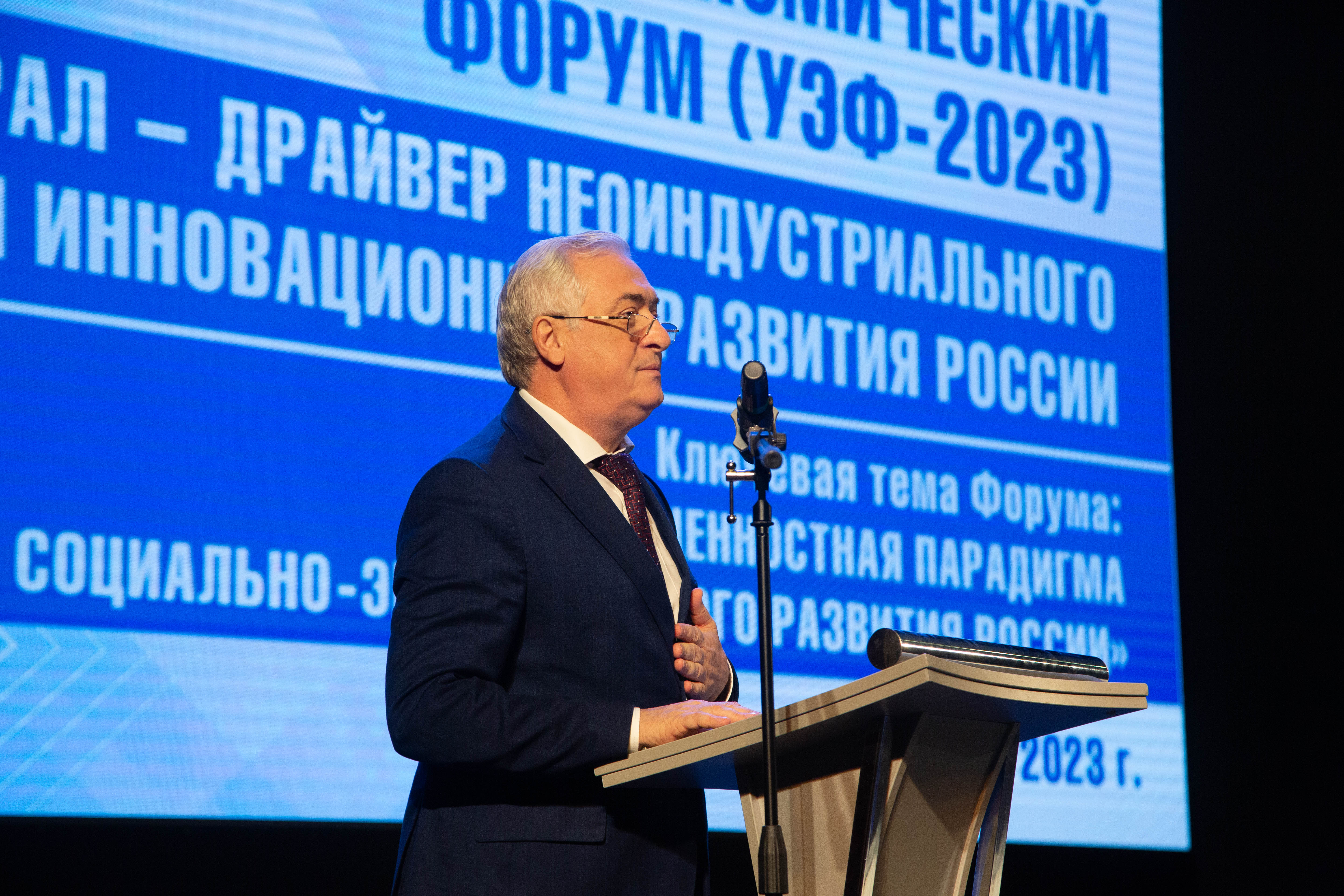
“It is necessary to strengthen focus on teaching economic theory to make it run through educational programs of all training courses. It is necessary to increase the number of dissertation councils at leading economic universities, and to strengthen the training of future teachers,” Yakov Silin says. “Because this is the base, the foundation. If the foundation is strong, the entire building will be stable.”

The reform of higher education in Russia started in 2023 One of the pilot universities testing the fresh changes was St. Petersburg Mining University (SPMI). At the 5th UEF, the director of the Institute of Academic and Industrial Skills at the Mining University, Sergei Novikov, said that one of the main aspects of the reform was the practice-oriented nature of education.
“Let’s say, an engineering student is doing an internship at one of the remote facilities that are now being built in the north in large numbers. He would wait several days for a suitable plane, then undergo training and instructional advice and solve everyday problems. By the time he returns, it’s good if he has at least some practical knowledge and skills,” Sergei Novikov describes the situation. “Therefore, the more adaptive training a university can give a student on site, the better. So that, as soon as he sees his workplace, he already knows what
and how he should do.”
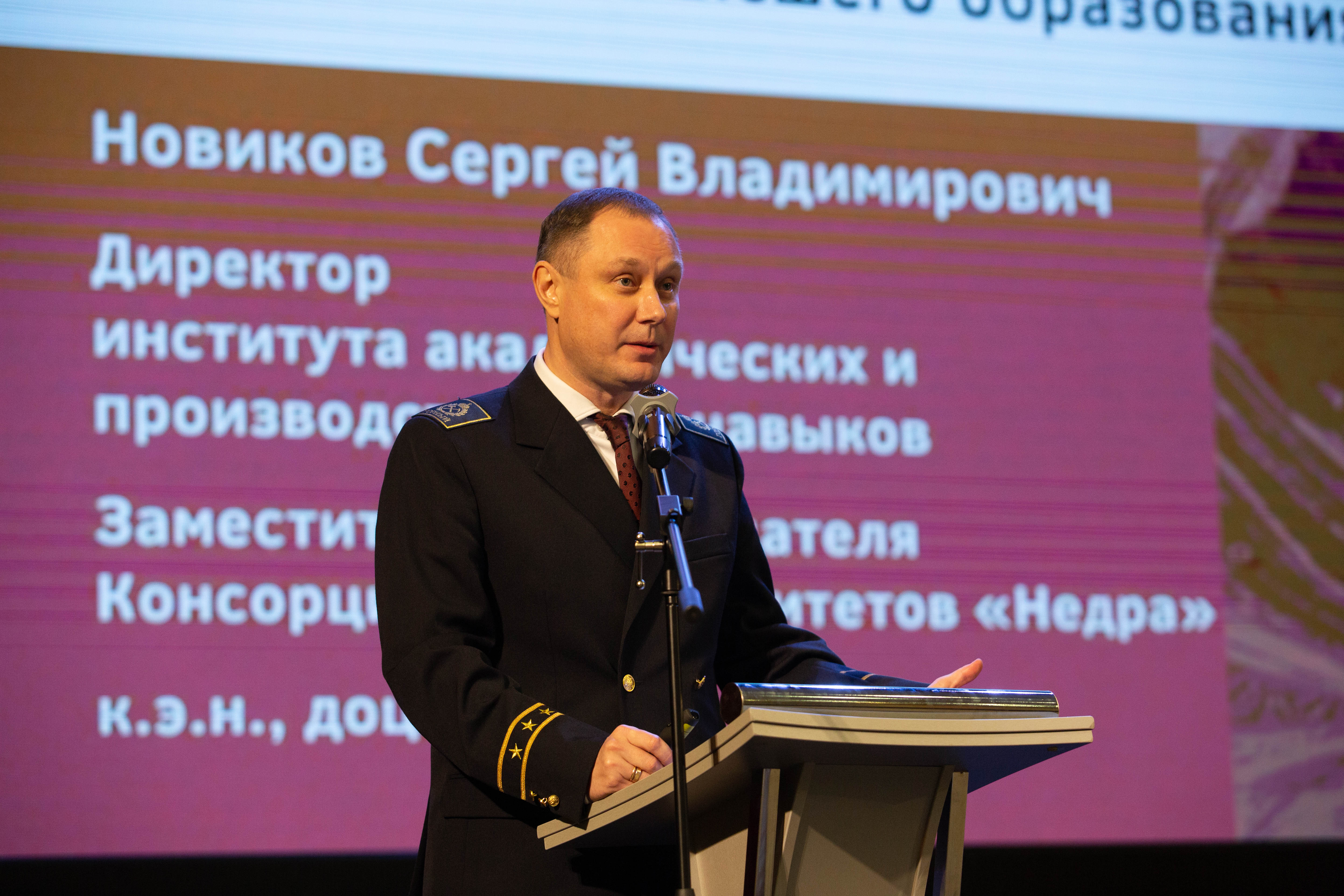
Among the innovative technologies that young specialists need to master soon, Yulia Lavrikova, director of the Institute of Economics of the Ural Branch of the Russian Academy of Sciences, named artificial intelligence and microelectronics. According to her, out of 89 Russian regions, there are 19 where the share of digitalization over the past 5 years is over 25%.
These include, for example, the Sverdlovsk and Chelyabinsk regions. But at the same time, the most economically developed regions are not always the most digitalized.
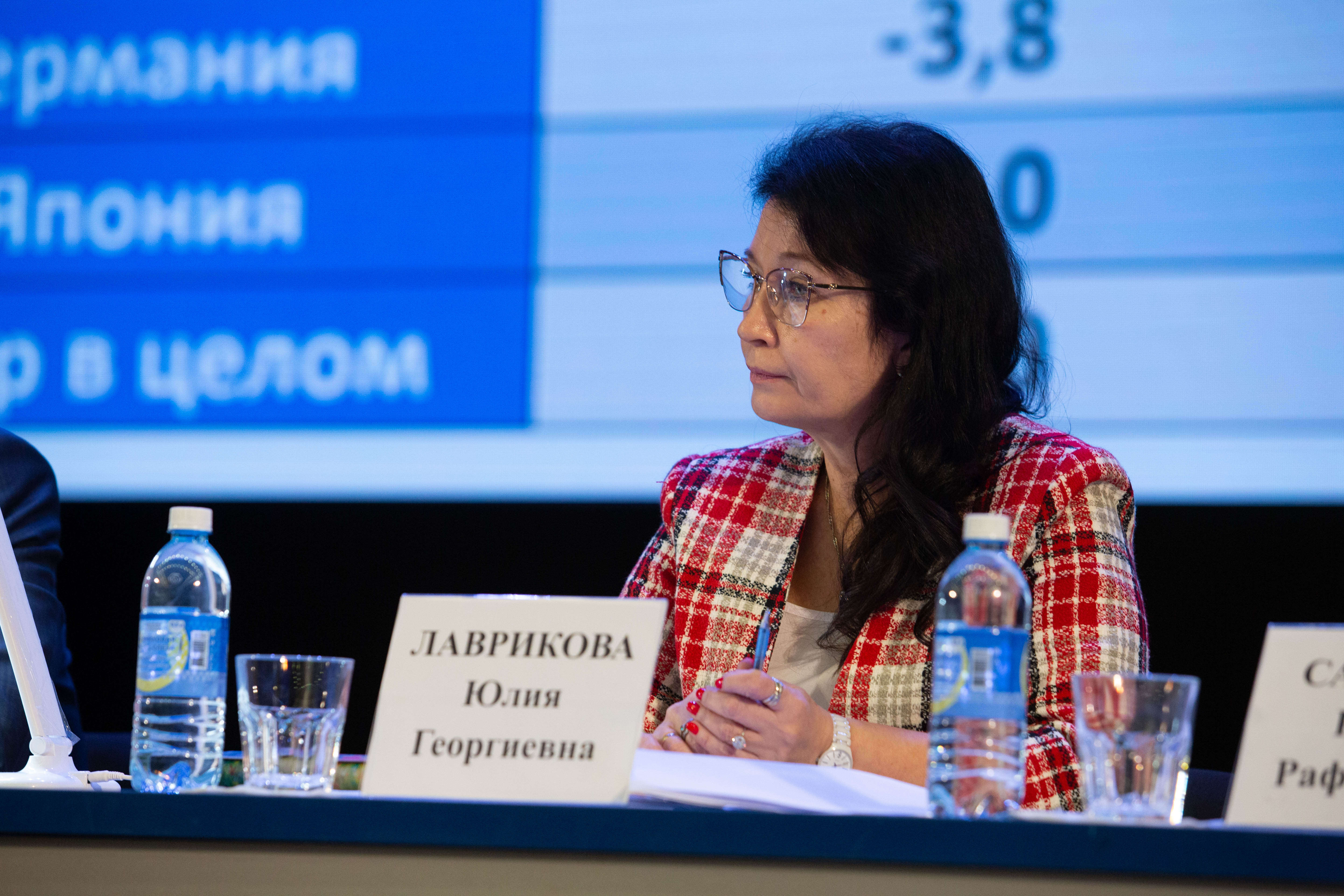
“Companies can focus on those areas that they are already well developed introducing new models of machine tools or industrial robots, but at the same time, they may lag in other industries,” Yulia Lavrikova notes. “Online trading, special software, electronic document management, databases, and educational simulations are technological innovations of recent years that can give a new impetus to the development of our industrialized constituent territories. And we should not ignore them.”
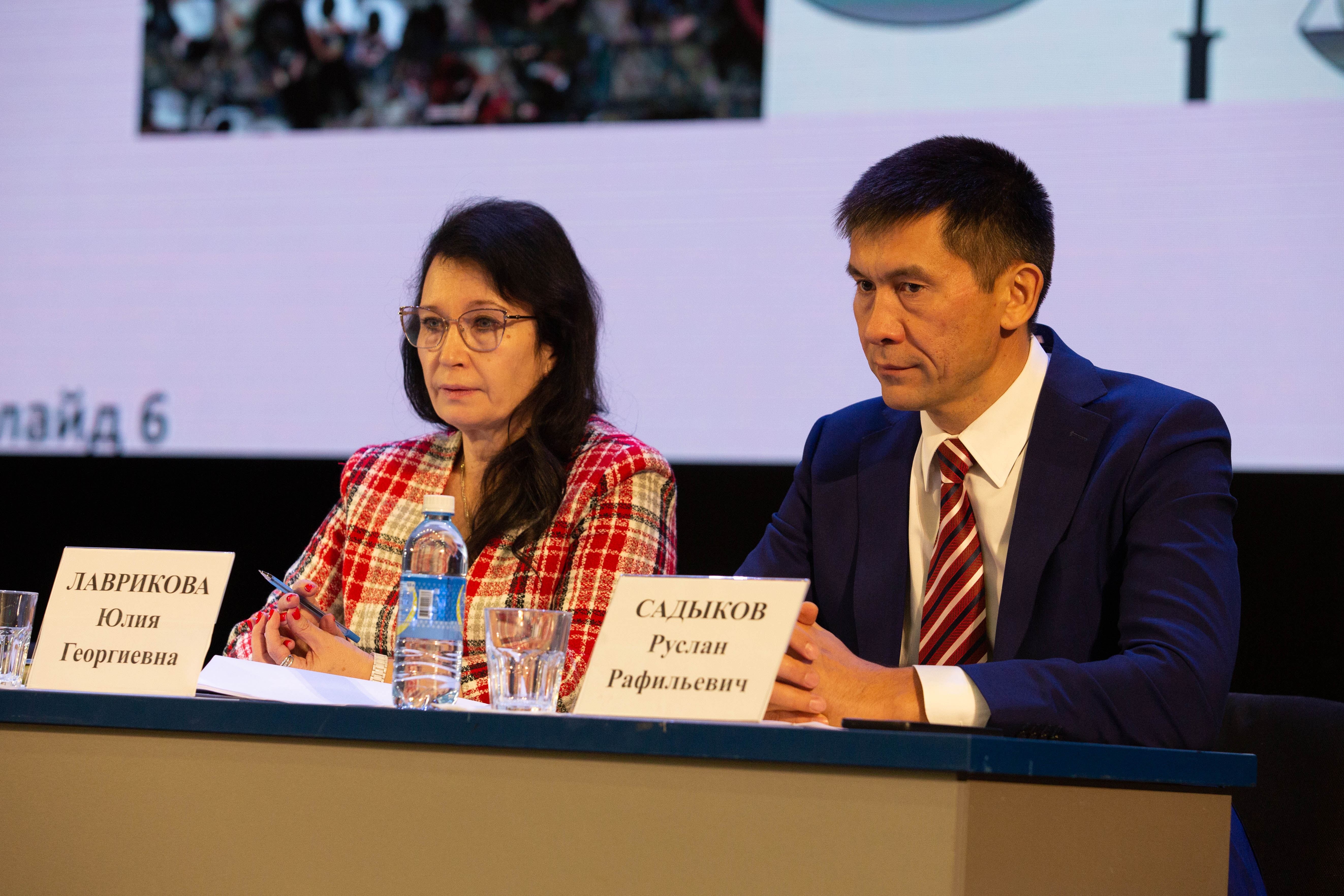
The 5th Ural Economic Forum was organized by USUE and the Free Economic Society of Russia. Over 300 experts, scientists, teachers, and students will take part in its work. The second day of the forum, October 20, will continue with public lectures on regional and global economic transformation and the role that
the Ural macro-region can play in this process.
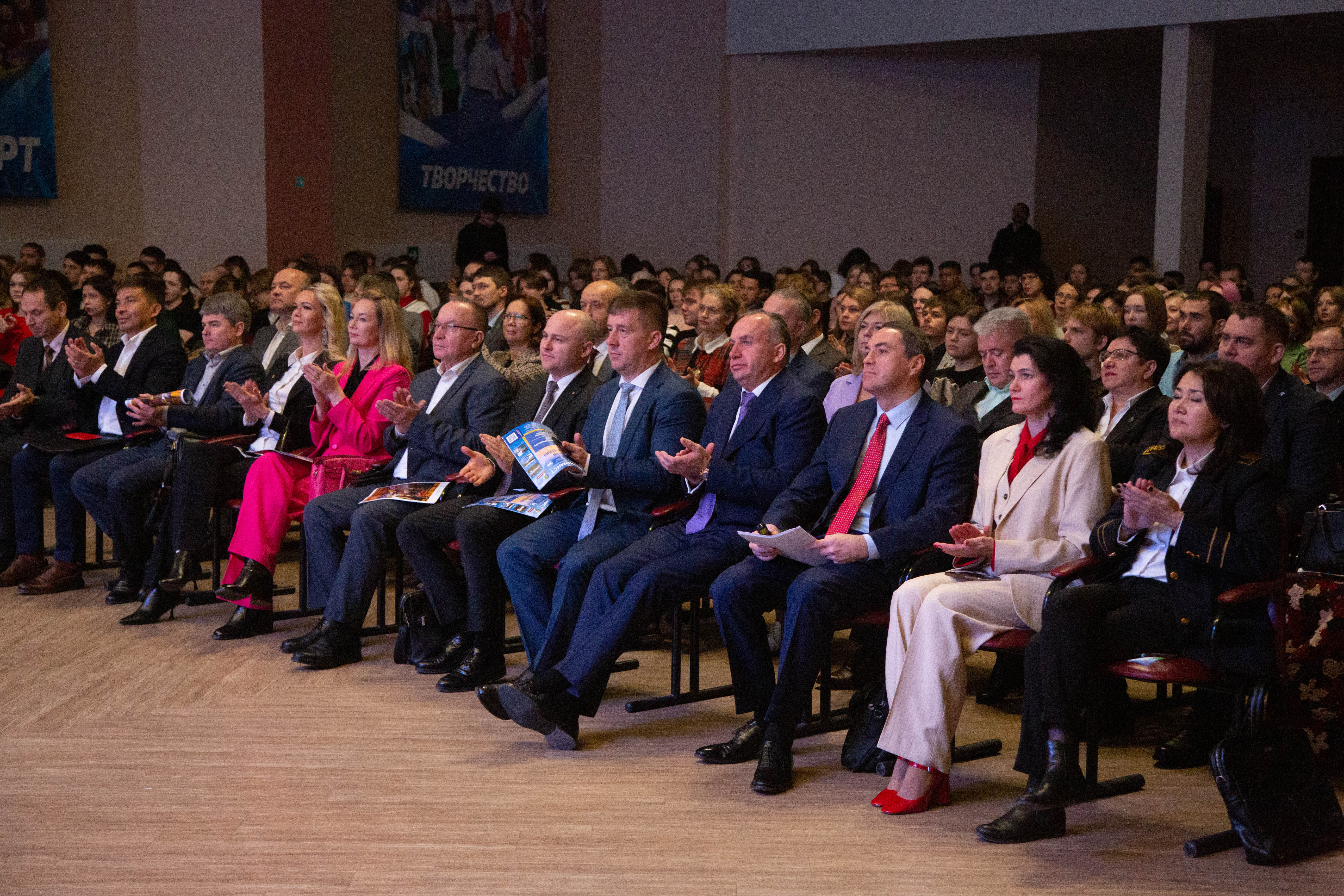
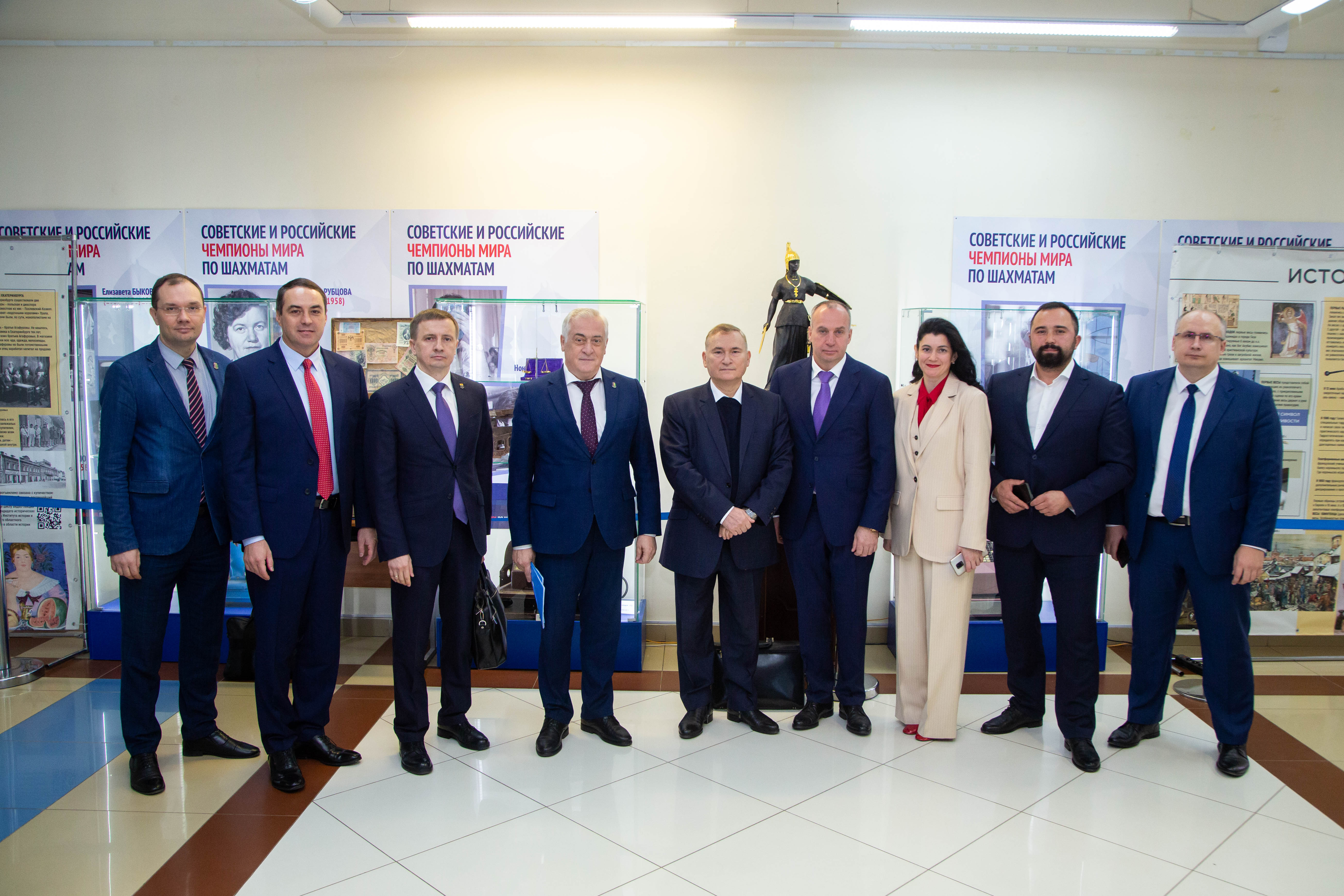
The 5th Ural Economic Forum is taking place at USUE
Photo gallery:
Пресс-служба УрГЭУ
Просмотров: 1099
Поделиться:
 See other releases of corporate mass media
See other releases of corporate mass media










